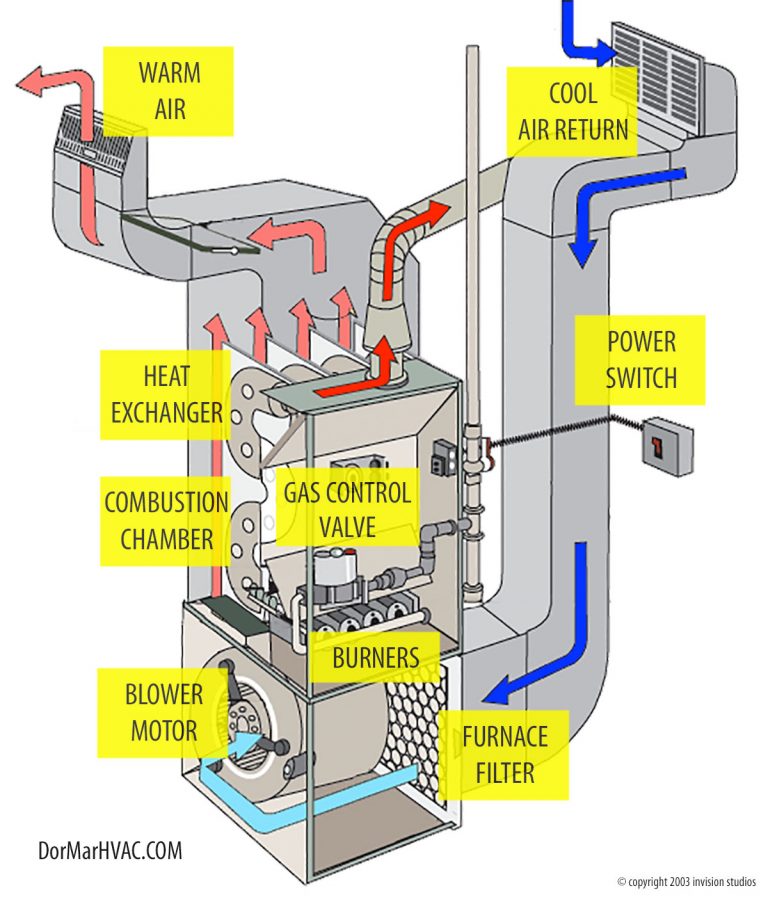is my furnace gas or electric
When it comes to keeping our homes warm and cozy, one of the most important decisions we have to make is choosing between a gas or electric furnace. Both options have their merits and drawbacks, so it's crucial to understand the differences before making a final decision.
Gas Furnace: Efficient and Cost-Effective

Gas furnaces have long been a popular choice for heating homes due to their efficiency and cost-effectiveness. These furnaces use natural gas or propane to generate heat, making them highly efficient in converting fuel into warmth.
One of the major advantages of gas furnaces is their lower operating costs compared to their electric counterparts. Natural gas tends to be cheaper than electricity, which can lead to significant energy savings over time. Additionally, gas furnaces provide faster and more consistent heating, bringing warmth to your home quickly on chilly winter days.
Moreover, gas furnaces are known for their reliability and longevity. They have fewer mechanical components, reducing the likelihood of breakdowns or expensive repairs. Properly maintained gas furnaces can last for up to 20 years, providing you with a reliable heating solution for years to come.
Electric Furnace: Clean and Safe

If safety and ease of installation are your priorities, an electric furnace might be the right choice for you. Electric furnaces are powered by electricity and do not require any fuel combustion, making them a clean and environmentally friendly option.
One of the key advantages of electric furnaces is their safety. They don't produce any carbon monoxide or other combustion byproducts, eliminating the risk of carbon monoxide leaks and associated health hazards. Additionally, they don't have an open flame, reducing the risk of fire accidents.
Electric furnaces are also easier to install, as they do not require venting or a chimney. They can be placed in various locations throughout your home, providing flexibility in terms of placement. Maintenance is often simpler and less expensive for electric furnaces compared to their gas counterparts, as there are fewer components that require regular servicing.
Choosing the Right Furnace for Your Home
Deciding between a gas and electric furnace ultimately depends on your specific needs and circumstances. Consider factors like energy costs in your area, the initial installation cost, and the size of your home.
If you live in an area with low electricity costs or have a small living space, an electric furnace may be a suitable choice. On the other hand, if you prioritize energy efficiency and are looking for long-term cost savings, a gas furnace might be the better option.
Regardless of your decision, it's crucial to ensure that your furnace is properly sized for your home. An HVAC professional can help determine the appropriate furnace capacity based on factors such as the square footage, insulation levels, and climate of your region.
Conclusion
Both gas and electric furnaces have their advantages and disadvantages, and the choice ultimately depends on your preferences, energy costs, and heating needs. Gas furnaces offer efficiency, cost-effectiveness, and reliability, while electric furnaces provide clean, safe, and easy-to-install heating solutions.
When deciding between the two, it's best to consult with an HVAC professional who can assess your specific requirements and recommend the most suitable option. Remember, a well-chosen and properly maintained furnace can ensure your home stays warm and comfortable for many years to come.

